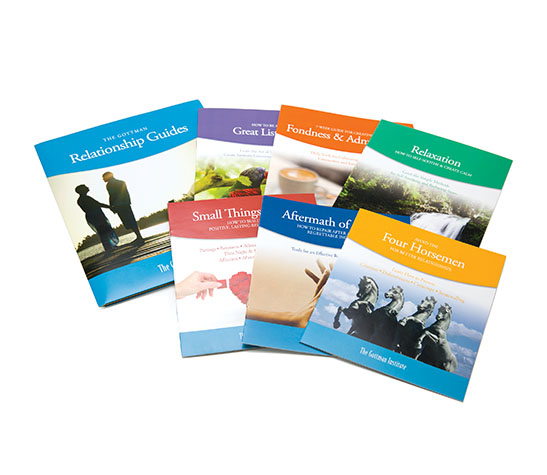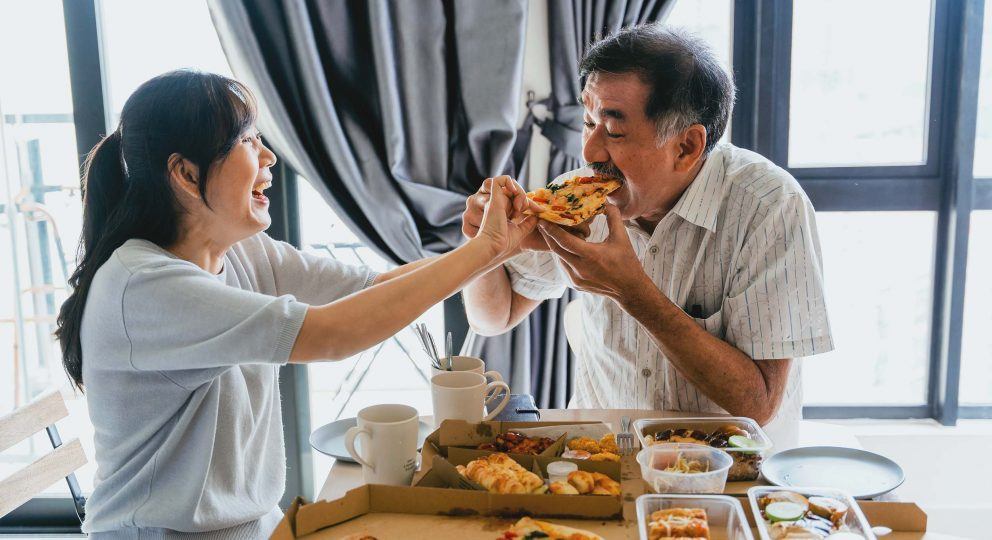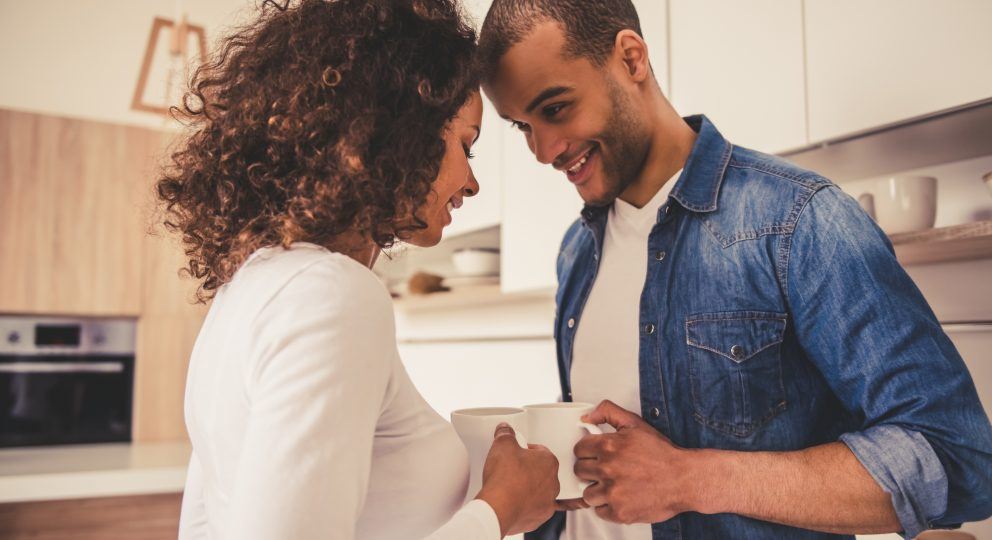Happy couples turn towards their partners approximately 20 times more than couples in distress during everyday, non-conflict discussions. Newlyweds who were still married six years after their wedding had turned towards each other 86% of the time while in the lab. Those who were divorced six years later, however, had only turned towards each other 33% of the time.
Every time you turn towards your partner’s bids for emotional connection, you are making a deposit in what Dr. John Gottman calls your Emotional Bank Account. You add value to your account when you create and build on positive moments between yourself and your partner. These little moments add up, reminding the two of you of the feelings you have for one another and of your commitment to supporting each other. If you find yourself lost amid the stresses of life, your investment in an Emotional Bank Account diminishes the probability that these stresses will climax in some kind of catastrophic fight.
By keeping Dr. John Gottman’s tips about bidding in mind, you and your partner can feel that you are in control and increase the stability of your relationship. Dr. John Gottman describes positive responses to bids as “turning towards” your partner: being mindful, aware, and responsive to the small interactions that the two of you have. When you bid for your partner’s attention, affection, or support, their response generates an outcome. As you become used to receiving a pattern of acceptance or rejection of your bids, your feelings towards your partner determine the success or failure of the relationship. What do accepting bids tell the bidder? Here is Dr. John Gottman’s answer:
When you “turn towards” bids, the bidder hears:
- I’m interested in you.
- I hear you.
- I understand you (or would like to).
- I’m on your side.
- I’d like to help you (whether I can or not).
- I’d like to be with you (whether I can or not).
- I accept you (even if I don’t accept all your behavior).
Practice turning toward and build on your intimate conversation skills by showing compassion and empathy, reflecting, and asking open-ended questions. Also, check out Gottman’s book “What Makes Love Last?.”









